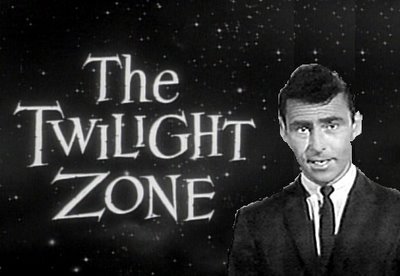The showrunner of a television program is the person in charge of day-to-day operations. He or she is an executive producer who has final say over every element of the series, from writing and directing staff to cast to costumes to music. Some choose to delegate, handing over responsibility for particular aspects of the show to trusted assistants, but the majority are heavily involved in every step of the process. There tend to be two types of showrunner- auteur and journeyman. Auteurs are often involved in a show from its inception, perhaps creating the series, perhaps brought on board soon afterwards. They craft the show to their vision and voice, lending the series a unique and personal style. Journeymen, on the other hand, adapt their style to fit the tone and feel of the show they’re working on and are particularly more desirable when the showrunner is changed mid-series. In these cases, the show has already established an identity and found a fan base, so any drastic change is usually avoided.
Much of the time, a showrunner is also the head writer and will not only lead the writers’ room, but also take a final pass over the episode scripts. The nature of television requires a certain consistency; viewers want to establish and maintain a relationship with a series, feel that they know the world, its rules, and the characters therein. While the writers and directors craft and execute the individual episodes, the showrunner keeps an eye on the big picture, working to establish and maintain the series’ identity and point of view.
What happens, then, when a series changes showrunners? It depends. Some programs, those whose voice isn’t tied to one particular person, don’t seem to be affected. The Simpsons, for example, has changed showrunners at least five times. There was some adjustment in the focus of the show after the first few seasons, but since that point, The Simpsons has remained The Simpsons regardless of who’s in charge. For other shows the change is deeply felt, particularly when the departing showrunner is more of an auteur. Aaron Sorkin’s departure from The West Wing signaled a large shift in the program. While it eventually regained the critical success of the Sorkin years, the show was definitely different, losing some of its idealism and favoring more sensational storylines.

When losing a showrunner whose voice is strongly connected to the tone, series often have more success if they don’t attempt to hide the change. Gilmore Girls was strongly identified by the writing style of creator and showrunner Amy Sherman-Palladino. When she wasn’t brought back for the final season, the producers attempted to mimic her voice, to keep the same tone, but they fell short of this difficult task and the show ended its run feeling like Gilmore Girls Lite. In contrast, Doctor Who has redefined itself with every change of executive producer/showrunner, switching over the years between genres as diverse as children’s educational programing and gothic horror, depending on who was in charge.
Sometimes change is exactly what is needed and the right person can spark a mediocre show to new creative heights. A perfect example is Star Trek: The Next Generation. Its first two seasons are generally considered weak. Though the second season improves upon the first, season three is where the characters start to really grow and the series comes together. It’s probably not a coincidence that season three is when Michael Piller came on as showrunner. Other significant behind the scene changes were made at the same time, but Piller, who stayed with the show for the rest of its run, brought new creative depth to what could have easily remained a mediocre retread of a sci-fi classic.
With the proliferation of original cable programming, the audience has splintered and niche shows have flourished in a way previously impossible. Many creators and showrunners have found success with small, stylized series unique to their vision and have drawn attention doing so. The job is much more visible than it once was, with Rod Serling the only TV showrunner from his era that most people are familiar with, unlike the myriad now met with thunderous applause at San Diego Comic Con and other fan events. Showrunner changes have been in the entertainment news recently with the situation at The Walking Dead. Midway through filming its second season, creator and season one showrunner Frank Darabont left the program, possibly of his own volition, but more likely due to budget constraints at AMC. It will be interesting to follow the upcoming season and see how they handle the transition.
What do you think of series changing showrunners and the difficulties it can present? Post your thoughts below.
Kate Kulzick


